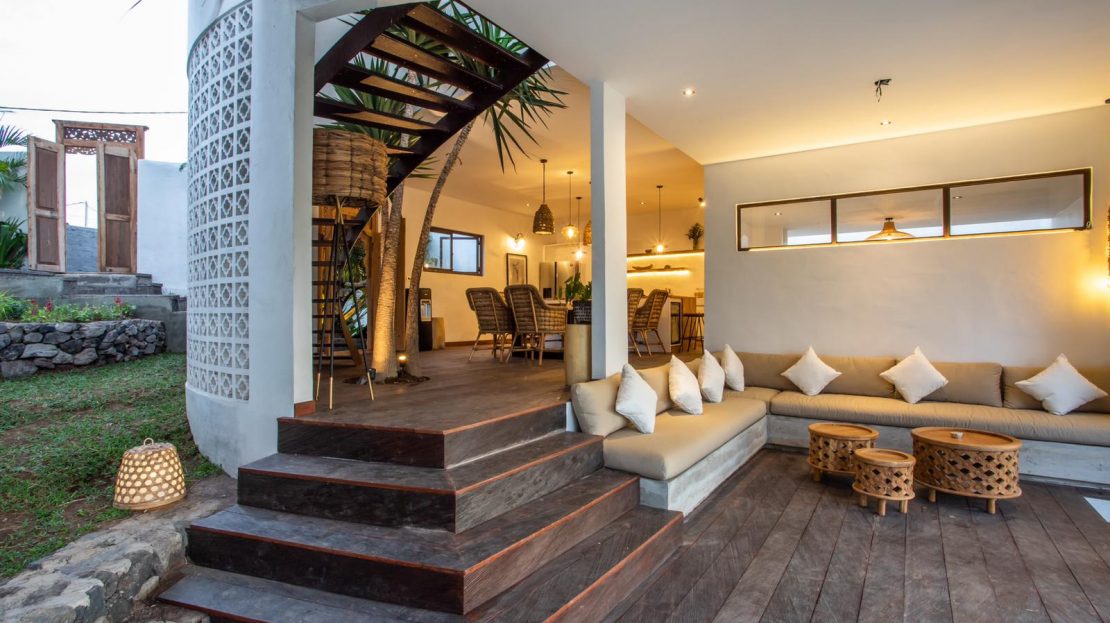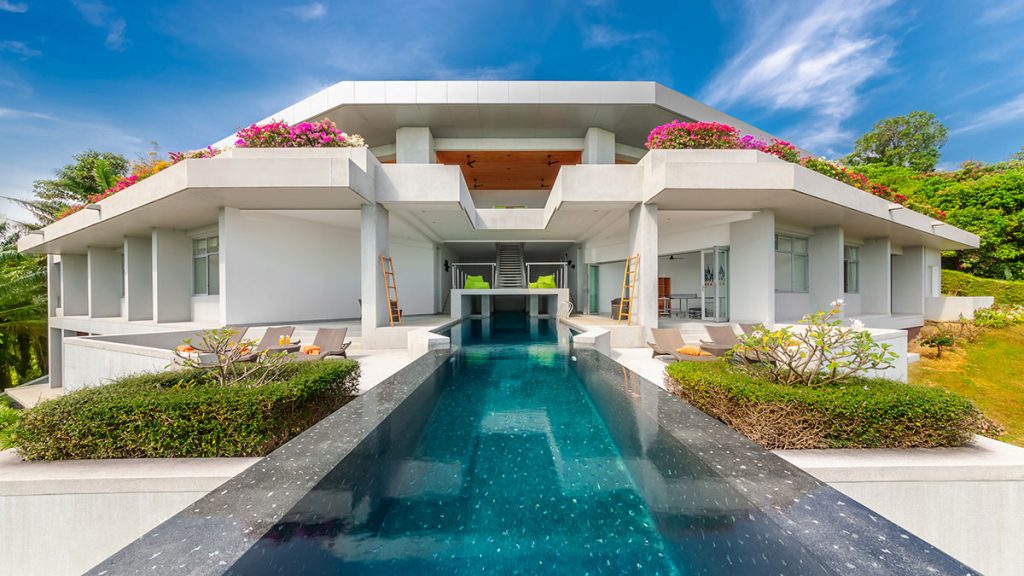Over the years, more people have understood and appreciated the value of investing their hard-earned money rather than letting it stay stagnant in the bank. While there are many ways to invest and grow money, one of the safest ways to do so is by acquiring real estate, whether as a primary residence, vacation lodging, or investment property.
If you have more capital to spare, why not take it up a notch and invest in a luxury real estate property?
What is Luxury Real Estate?
Luxury real estate is high-end properties, such as mansions, penthouses, beachfront properties, and private estates, catering to wealthy and affluent clientele. More than just having an expensive price tag, these opulent homes are in prime locations and have premier designs, top-notch finishes, and a vast array of lavish amenities and services.
While investing in luxury real estate can be a lucrative and highly profitable venture, it also entails carefully setting plans, doing thorough research, and having financial stability. If you are looking to invest in luxury homes, here are several ways to do it:
1. Fix And Flip

A common practice in real estate is “flipping,” wherein you buy properties, renovate them, and sell them at a higher price. This practice is a good strategy if you are considering an existing property that is outdated or has massive but underutilized potential.
Flipping luxury homes can be riskier and more capital-intensive because of the fluctuating market and the higher initial investment and renovation cost it entails. Because of these, flippers focus less on luxury properties because it involves having a thorough knowledge of the luxury market trends, economic stability, excellent negotiation skills, and the capacity to run such an expensive and detail-oriented project. But if done right, flipping luxury property can certainly yield substantial returns.
2. Invest Abroad

Investing in luxury real estate in international markets is one of the best ways to diversify your assets, earn through rental and property appreciation, secure an alternative residence, and acquire a secondary passport.
However, this investment also entails understanding varying property laws and market trends, having financial resilience, and a great understanding of the political situation in your chosen country. You may also need to hire a property manager to help you keep things in order while you’re away.
Different countries have varying restrictions on foreign property ownership. Working with local real estate experts, brokers, lawyers, and property managers who are familiar with the local market and can help you with legal and logistical concerns. It is also best to consult with tax specialists in both your home country and the country where the property is located to understand the tax regulations you should comply with.
3. Custom-Build A Home

Custom-built luxury properties are valued for their unique designs, high-quality construction, and premium finishes. Working with reputable architects, construction teams, and designers is best when doing custom builds.
Compared to flipping or buying existing properties, custom-built homes often take longer to complete and be ready for occupancy. Construction delays cannot be avoided, often leading to cost overruns and impacting your overall timeline.
Even with a longer timeframe, custom-built properties can have the highest profit margin since these homes are newly built, have the most in-demand designs, and are equipped with modern amenities and facilities. If you plan to sell your custom-built home eventually, make sure you are mindful of how you customize the space and go for layouts, designs, and finishes that appeal to most potential luxury homeowners. This will help maximize your chances of selling the property quickly and for a higher value.
4. Opt For Luxury Condos

If you plan to buy properties in major cities, consider looking into luxury condominiums. Check the properties’ amenities and services, like concierge, fitness centers, swimming pools, and private lounges, as these factors distinguish luxury condominiums from the rest.
It is also vital to look into the location of the property. Go for condominiums in prime areas, like business districts and city centers, to attract high-end and executive clients to have all of the destination’s essential facilities within reach.
If the condominium is still under construction, research the developer, as a reputable and established developer is more likely to deliver quality products.
5. Venture Into Vacation Rentals

Investing in luxury vacation properties is a great way to safeguard your assets and earn passive income at the same time. Moreover, it also offers a quick escape to paradise.
When considering a luxury vacation rental property, choosing locations with solid market demands, such as upscale and private neighborhoods, beachfront areas, or places with stunning natural views, is essential. You can use it as your own vacation home or rent it out to short-stay travelers when you are not using it. Depending on the location, it is crucial to know that the income might be seasonal, especially for places primarily in demand for specific times of the year.
Another thing to consider is that managing luxury vacation rentals can be time-consuming and entails having knowledge about property management. Consider hiring a professional property management company to handle tasks like bookings, marketing the property, customer service, housekeeping, and maintenance.
Related Reading: The Benefits of Investing in a Vacation Home
The Bottomline
When investing in luxury real estate, it is important to consider market trends, property location, potential risks, and your financial capacity before investing. Consult with real estate professionals, finance specialists, and legal experts to help you understand the intricacies of luxury real estate investment before making the all-important decision to jump into this high-risk yet lucrative venture.
Read more articles and guides on property buying here.
–
Featured Image: Photo by Max Rahubovskiy via Pexels





